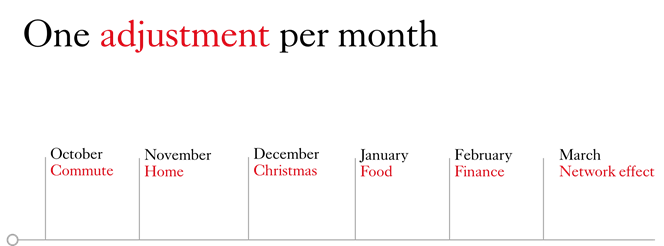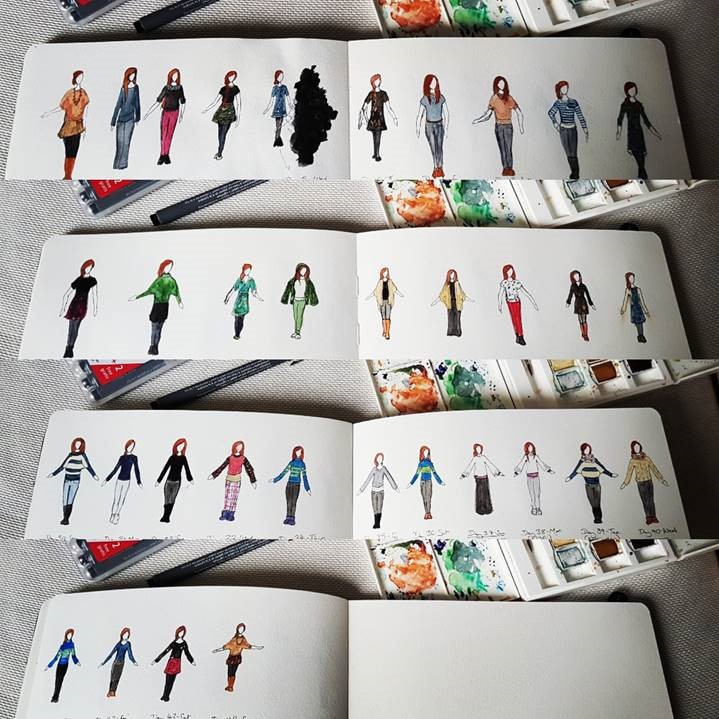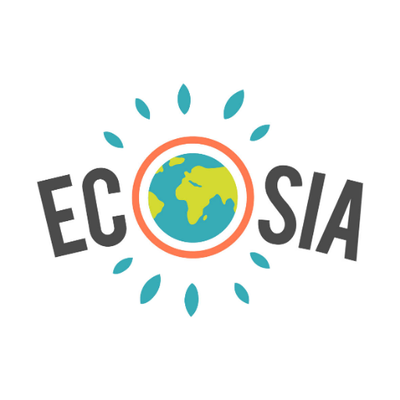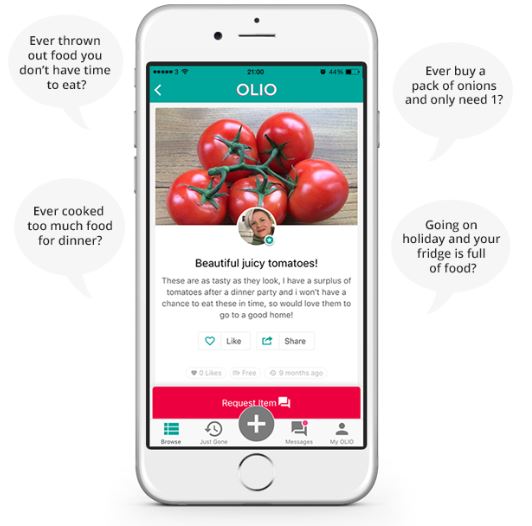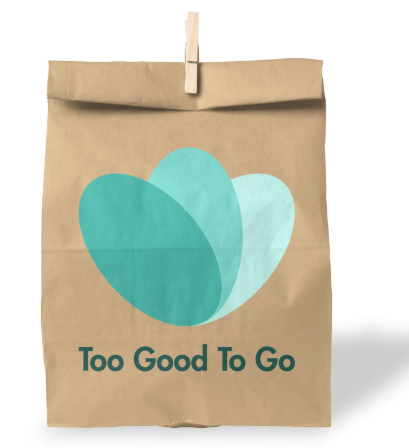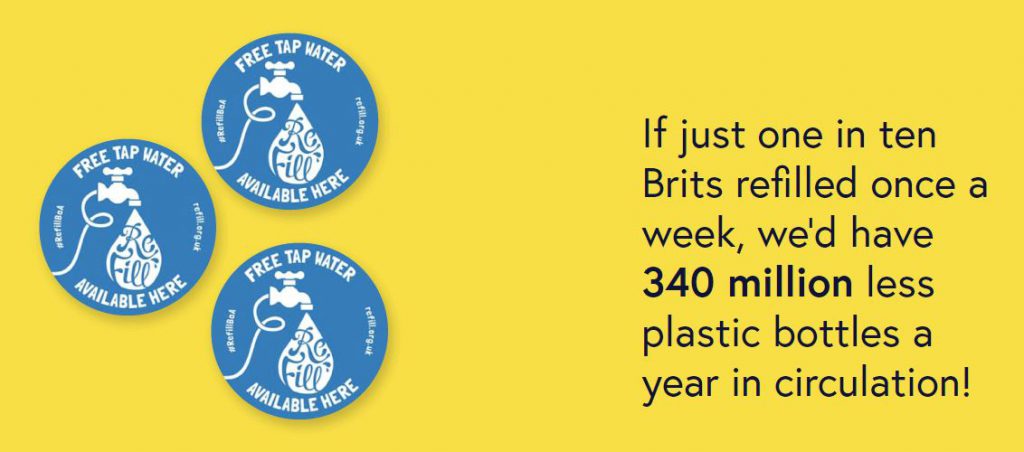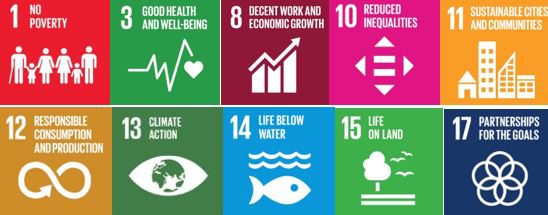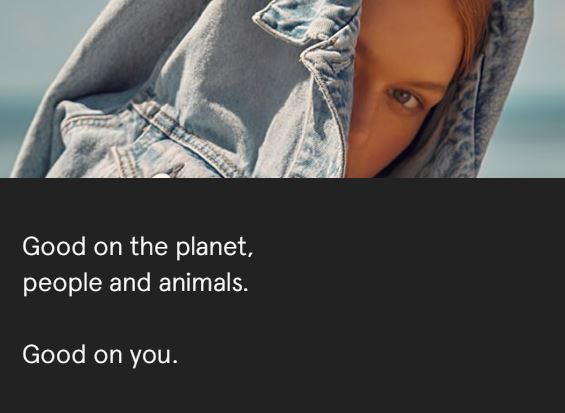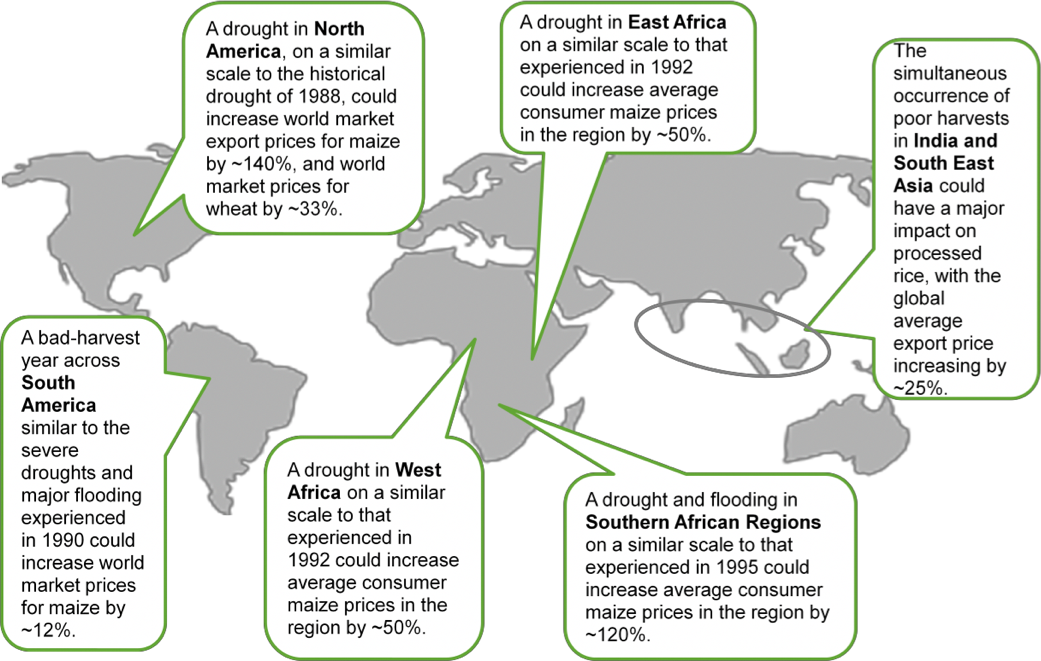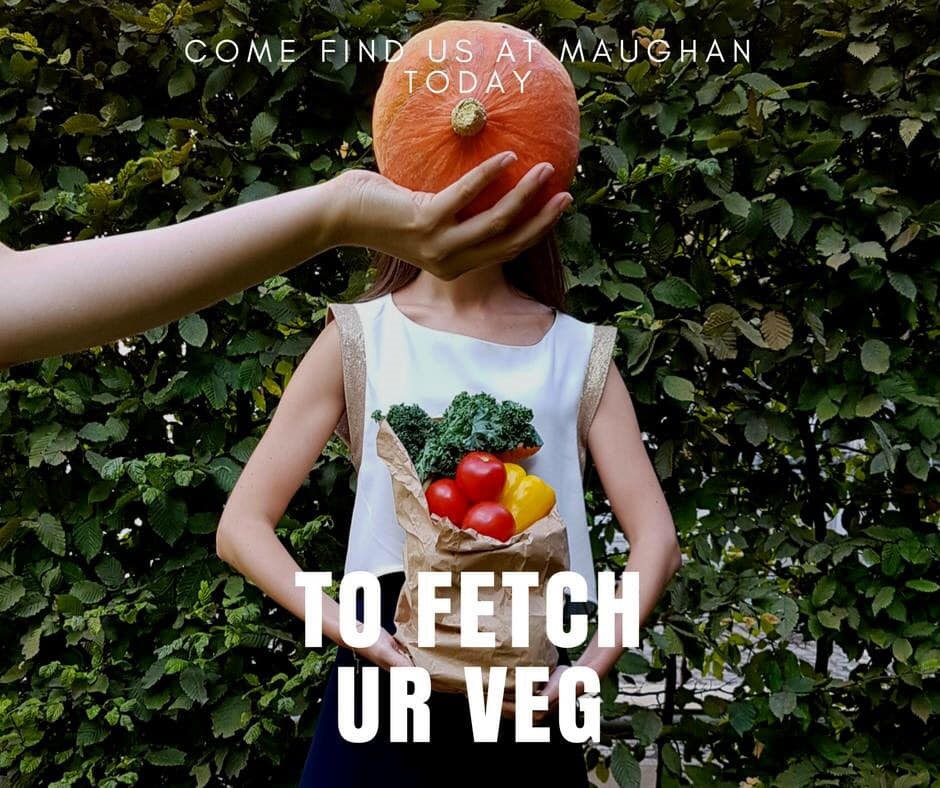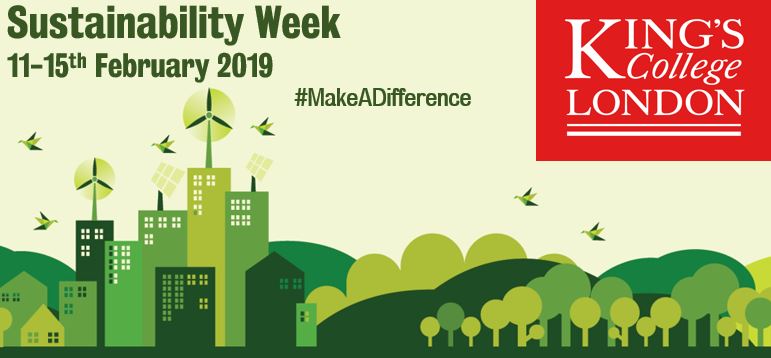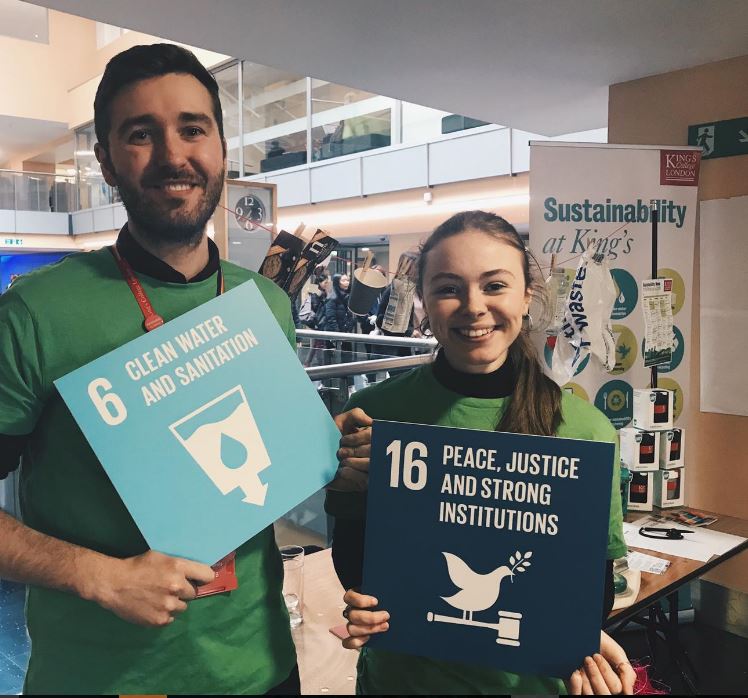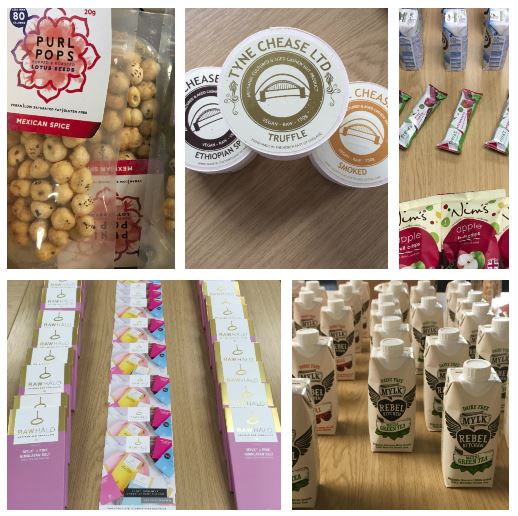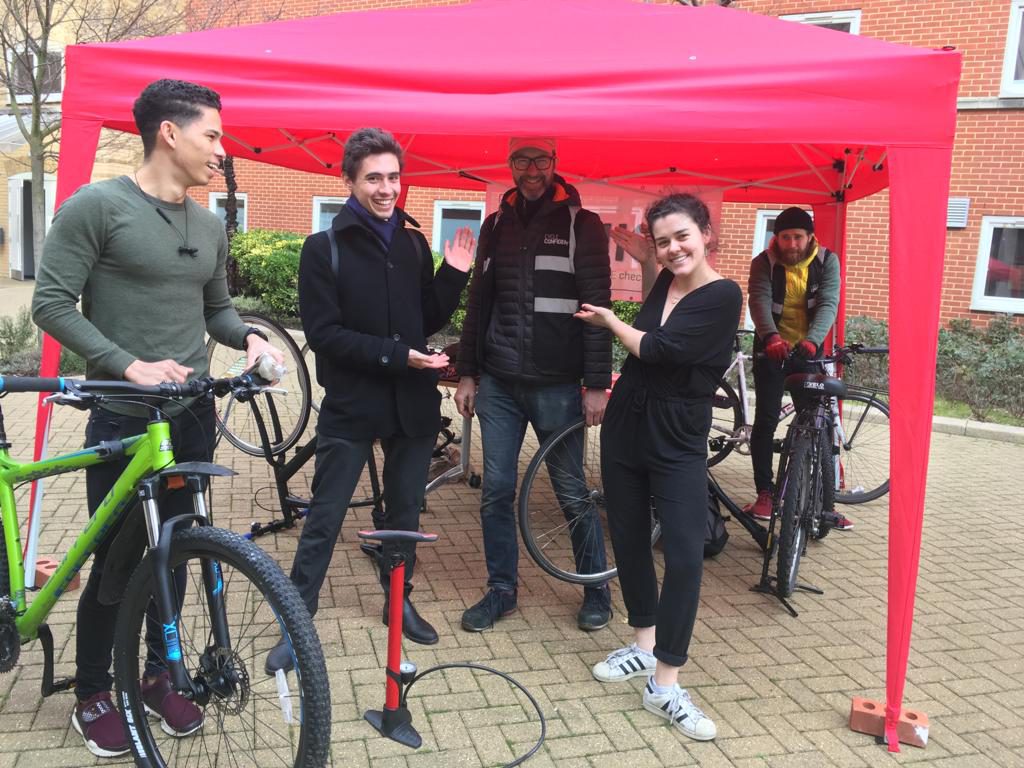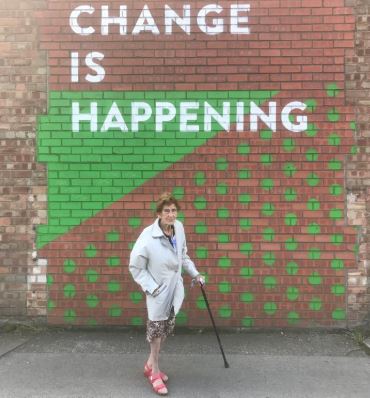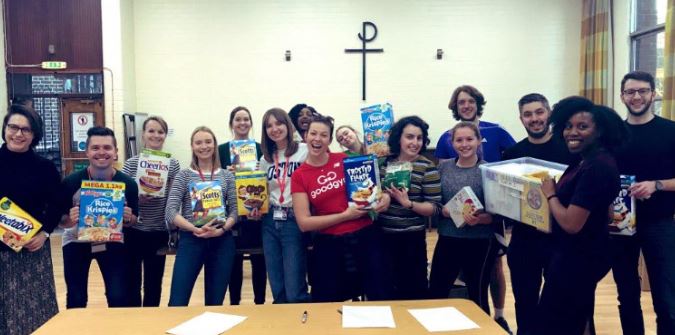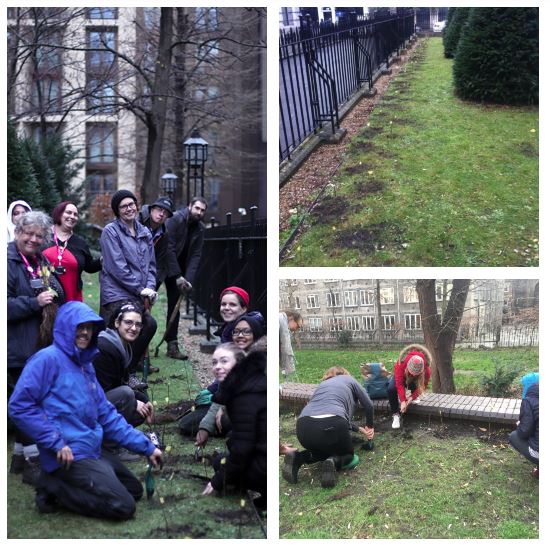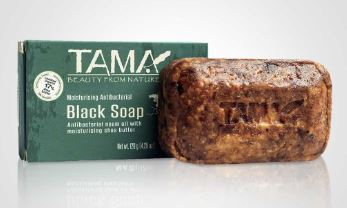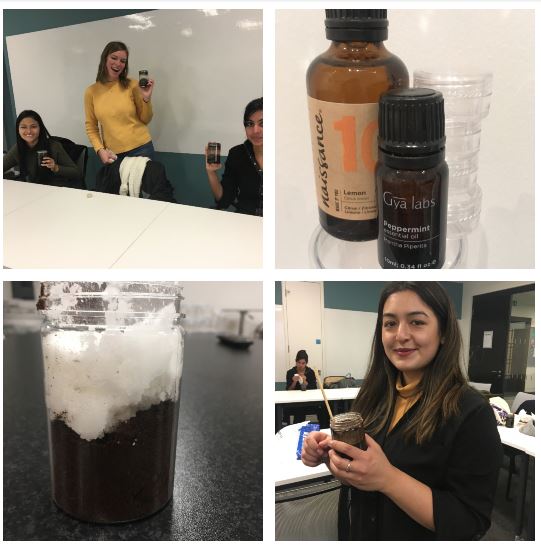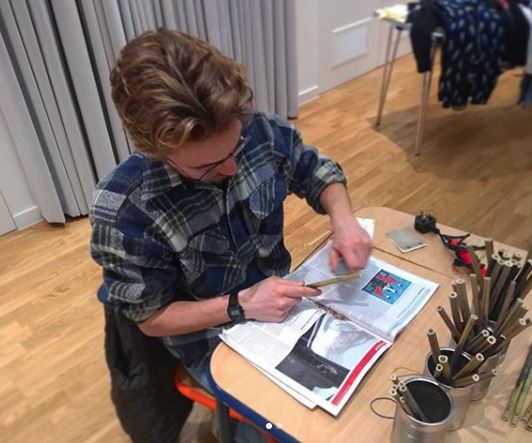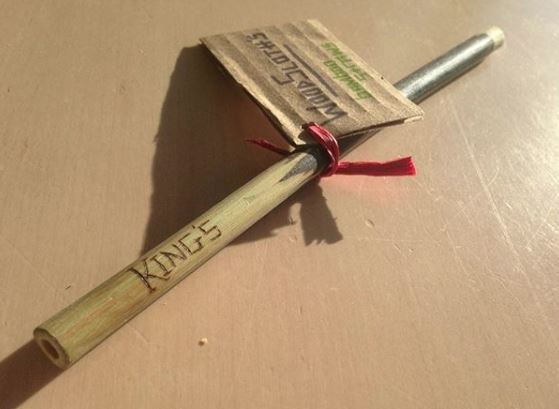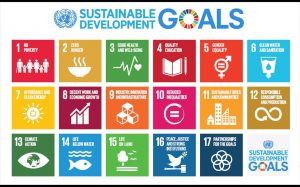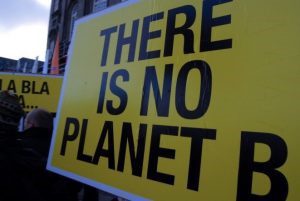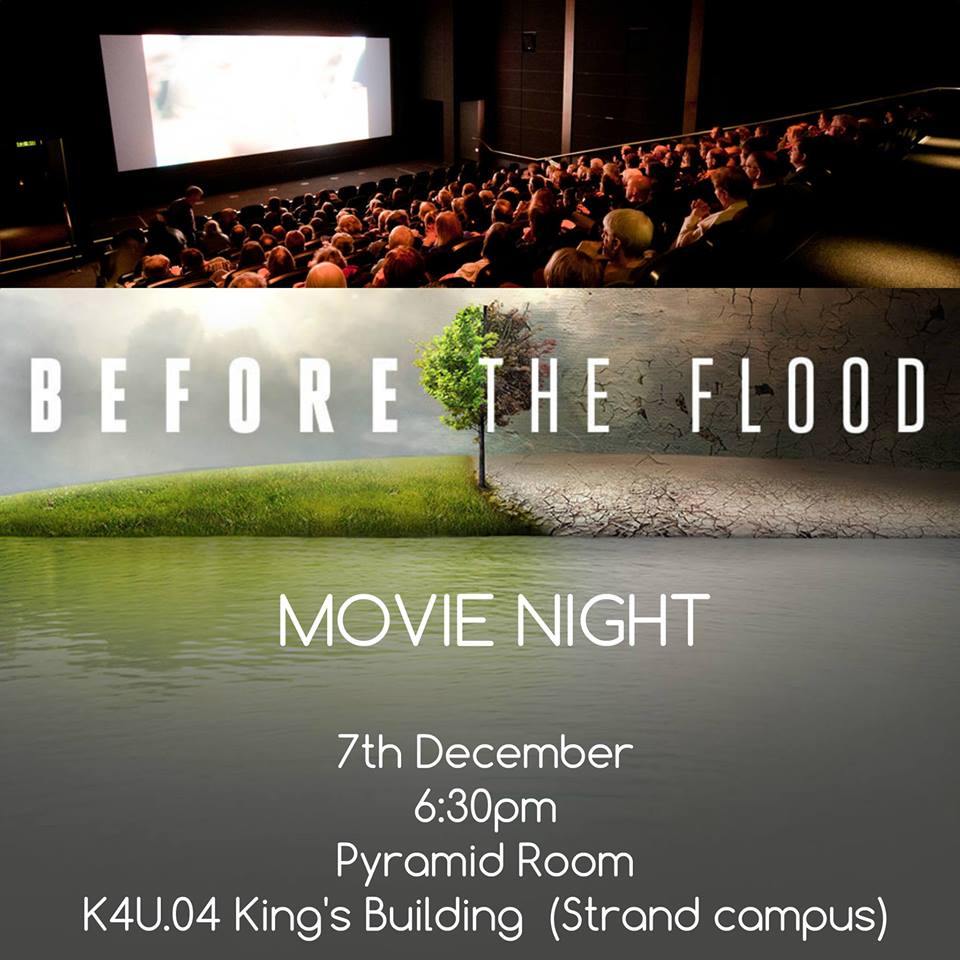This guest blog comes courtesy of Emily Dunne, Sustainability Champion in the Social Mobility Student Success.
Month 5: February & Finance
Looking into switching my pension to more ethical funds. This has been a daunting and opaque process for me, but I’ve been lucky in the support of some very knowledgeable friends.
Verdict: Definitely high impact but so far neither easy nor especially fun.
Month 6: March & Networks
The Network Effect: Sharing ideas, starting conversations and hopefully getting more people thinking about the small things they can change.
- One of the challenges I’ve always had with this stuff is even if I am able to live completely carbon neutral with negligible environmental impact, I’m just one person on a planet of billions. But that’s what stories are for, so I’ve written this post in the hopes that a few of you will get something useful out of my experiences, and maybe between us we’ll have more of an impact.
- And on that vein, it helps to think about your network: where are you connected, where do you have influence, who do you know who can change things?
- This month I ran a workshop for my division at King’s to map our ongoing work against the UN Sustainable Development Goals, so we can amplify and celebrate positive contributions and reflect on how to reduce negative impacts. The output will be an ambitious sustainability plan encompassing the work of about 50 people and the workshop is now being prepped to be shared across the university – exciting stuff!
- Sometimes all it takes is asking the right person the right question at the right time. Our office fruit is delivered by Oddbox, this year graduations went paperless, our last teambuilding afternoon was a Good Gym walk to volunteer at a foodbank. What could your workplace switch, and can you help make it happen?
Verdict: Relatively easy, pretty fun, and impact… well, you tell me!
~
Links and tips
- Energy provider: Switching to Bulb has only ended up costing us 20p more per month.
-
- If you sign up using the link above we both get £50 credit
- Laundry and washing up liquid switched to Ecover’s 15L refill boxes:
-
- More convenient, as it’s delivered to your home and much, much slower to run out
- Cheaper per litre
- Fewer plastic bottles thrown away
- Sanitary products: Switching to Thinx was a completely revolutionary move. They are elegant, machine washable and so comfortable, I genuinely feel like one of the roller skating, skydiving women in those awful ads!
-
- They ship from America, so watch out for customs fees
- They also sell reusable tampon applicators
- Toilet paper by Who Gives A Crap.
-
- I’ve recently switched to these guys and now get toilet paper delivered (so convenient) in plastic free packaging (which is colourful and lovely), made from recycled office paper (no trees harmed in the making).
- It’s quite a bit more expensive per roll, but the rolls are double the length, so from my initial experiment I think it’s pretty much cost neutral. And they donate half their profits to sanitation projects around the world!
- Toiletries
-
- Eco friendly deodorant by Nuud
- Lush shampoo and conditioner bars, in reusable metal tins
- Investing in a metal safety razor, rather than using plastic ones
- Bamboo toothbrushes: I have one of these at the moment, but it’s a growing market with loads to pick from!
- Food and kitchen:
-
- Beeswax wraps are a great alternative to cling film, and it’s easy (and cheap!) to make your own
- Oddbox deliveries of seasonal fruit and vegetables, sourced from local farms from the ‘wonky’ produce otherwise wasted because it’s not ‘perfect’ enough to be sold to supermarkets
- Buy plastic free from local bulk refill stores.
- Little habits:
-
- “Landfill Bin” is now written on the top of my kitchen bin, reminding us all to think twice about whether something is recyclable – this has had a bigger impact than I expected it to!
- Make sure you’re using smile.amazon.co.uk if you use Amazon; they’ll donate a (tiny) portion of the profit from your purchases to a charity of your choosing

